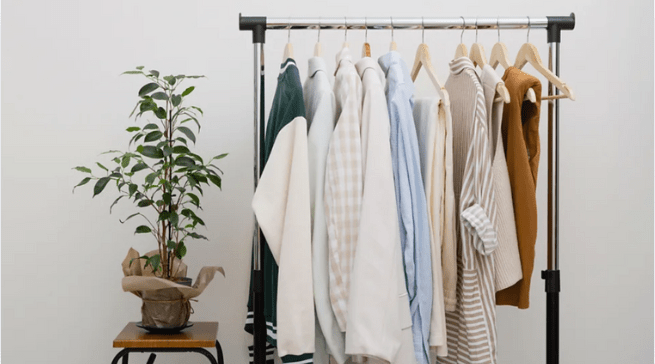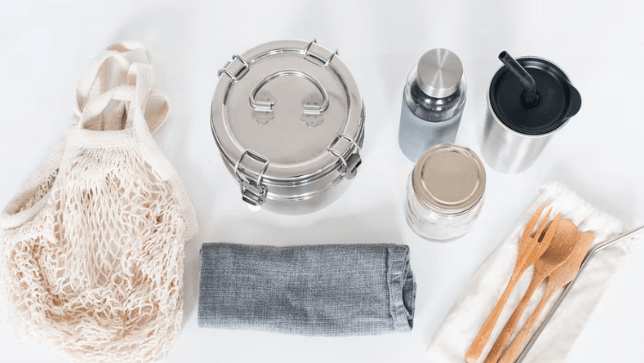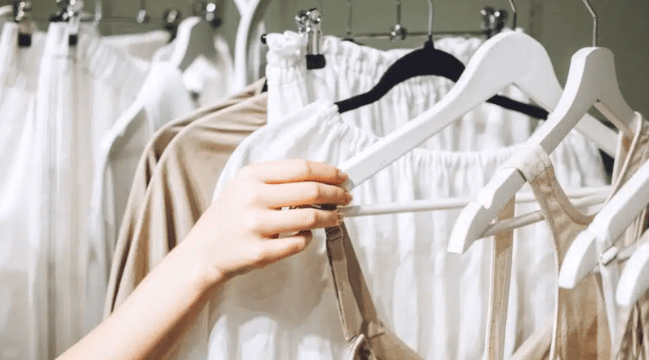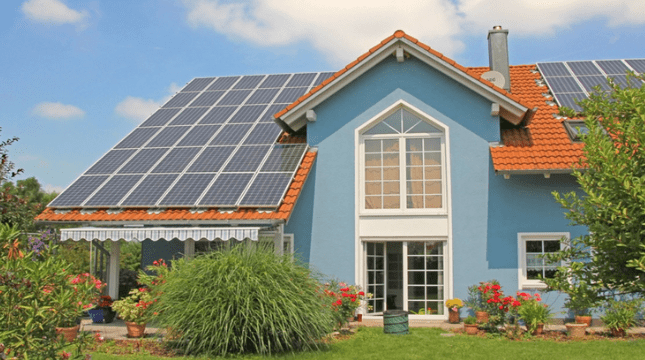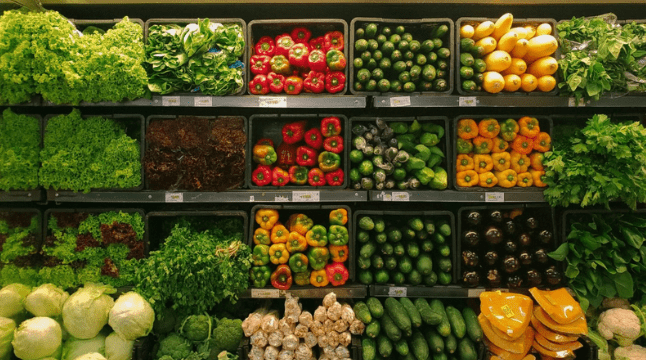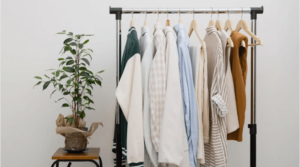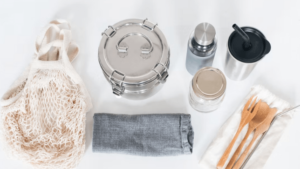Picture yourself wearing today’s latest fashions, and at the same time knowing that your clothes were made responsibly: respect for people and for the planet. Ethical fashion is more than just a word in the wind — it’s a movement that’s changing the way fashion is produced, from creating in an unsustainable way to one rooted in mindful creativity and sustainability.
If you’re ready to cleanse your closet, but not ready to sacrifice style for consciousness, these 25 brands will be your new ethical fashion superheroes. From organic cotton basics to high-fashion works of art, these brands mix style, transparency, and social responsibility better than anyone.
Why Ethical Fashion Is In Your Self Interest
Fast fashion has long been notorious for being wasteful: millions of clothing items wind up in landfills every year, workers labor in unsafe conditions and harmful chemicals are used and often dumped into the natural world. Fashion is shifting away from this destructive cycle by embracing:
-
Living wages and safe working conditions for garment workers
-
Sustainable, organic materials mitigate environmental impact
-
Transparent supply chains so consumers know the story behind their clothes.
-
Zero waste and low impact production techniques
-
Classic, evergreen designs that combat the “throwaway” society
When you do choose ethical fashion brands, however, you’re putting your dollars toward clothing lines that respect human rights and the planet — and still look good.
The 25 Ethical Fashion Brands You Need to Know Right Now
-
Patagonia: Sustainability pioneers, uses recycled materials and fair labor practices and provides repair services to lessen a garment’s environmental impact.
-
Everlane: Known for ‘radical transparency’, shares factory costs and sources high-quality organic cotton and recycled fabrics.
-
Reformation: Fashion-forward and eco-minded, combines deadstock fabrics and sustainable fibers for stylish looks.
-
People Tree: One of the original fair trade certified brands, promotes organic fabric and collaborates with artisans worldwide.
-
Eileen Fisher: Luxury meets ethics with organic fibers, renewable energy, recycling programs, and garment take-back initiatives.
-
Stella McCartney: Conscious high-fashion designer who blends chic style with planet-friendly ethics.
-
PACT: Offers organic cotton basics with fair labor and minimized water and energy use in production.
-
Thought Clothing: Combines bamboo and hemp with ethical manufacturing.
-
Tentree: Plants ten trees per item; uses organic cotton and recycled polyester.
-
Nudie Jeans: Specializes in organic denim with free repairs and recycling programs.
-
Amour Vert: Plants a tree for each T-shirt, uses non-toxic dyes, zero-waste production.
-
Outerknown: Founded by Kelly Slater, merges style with sustainable fabrics and fair labor.
-
Veja: Produces footwear with organic cotton, wild rubber, recycled fabrics.
-
Allbirds: Sustainable footwear made from merino wool, eucalyptus fiber, sugarcane soles.
-
People’s Movement: Activewear focusing on recycled materials and fair labor.
-
Kotn: Works directly with Egyptian cotton farmers on fair wage basis.
-
Wills Vegan Shoes: Stylish, cruelty-free shoes with sustainable practices.
-
Able: Empowers women with living wages and safe work, offers chic apparel and accessories.
-
Girlfriend Collective: Activewear made from recycled water bottles with body positivity focus.
-
Toms: Known for “One for One” giving; sustainable footwear and community impact.
-
Outland Denim: Organic cotton denim empowering women out of exploitation.
-
Additional Mentions: Reformation (deadstock fabrics), Tentree (tree planting casual wear), and others reinforcing sustainability and ethics.
How to Tell If a Fashion Brand Is Really Ethical
Watch out for “greenwashing”—brands claiming sustainability without full transparency. Look for:
-
Fair Trade, GOTS, or B Corp third-party certifications
-
Clear supply chain visibility
-
Commitment to living wages and safe working conditions
-
Garment recycling or take-back programs
-
Use of organic, recyclable, and sustainable materials
How to Create an Ethical Wardrobe From Scratch
-
Buy versatile, timeless pieces you’ll love years from now
-
Opt for natural fibres like organic cotton, hemp, linen, and wool
-
Support ethical small-scale brands
-
Care for your clothes to extend their life
-
Responsibly donate or recycle old clothes
Why We Need Ethical Fashion: The Future of Style
Consumers demand accountability and change, shifting fashion towards ethical production. Ethical fashion aligns style with respect for workers and the planet. Each purchase is a vote for a future with human dignity and environmental care, without compromising style.
Conclusion: Up Your Fashion Game with These Ethical Fashion Brands and Make a Difference
The era of fast fashion’s thoughtless consumption is ending. Ethical brands and conscious consumers lead a revolution where conscience meets couture. With options from affordable basics to luxury runway, these companies prove style and sustainability can coexist.
Build a wardrobe reflecting your values and style. Explore this list, find favorites, and envision a future where fashion feels good and does good.
Ethical Fashion Brands FAQs
Q1: How do I know whether a brand is really ethical?
Look for certifications, transparent supply chains, and proof of fair labor practices.
Q2: Is there an extra cost to ethical fashion?
Often yes, due to higher labor and material standards, but durability and quality provide better value over time.
Q3: Is ethical fashion available in every category?
Yes, from casual and activewear to formal and luxury fashion, options are expanding rapidly.
Q4: What role does ethical fashion play in lowering environmental impact?
It uses sustainable materials, reduces waste, and applies responsible production methods.
Q5: What is the difference between sustainable vs. ethical fashion?
Sustainable fashion focuses on environmental impact; ethical fashion includes social justice issues like fair wages and safe working conditions.

